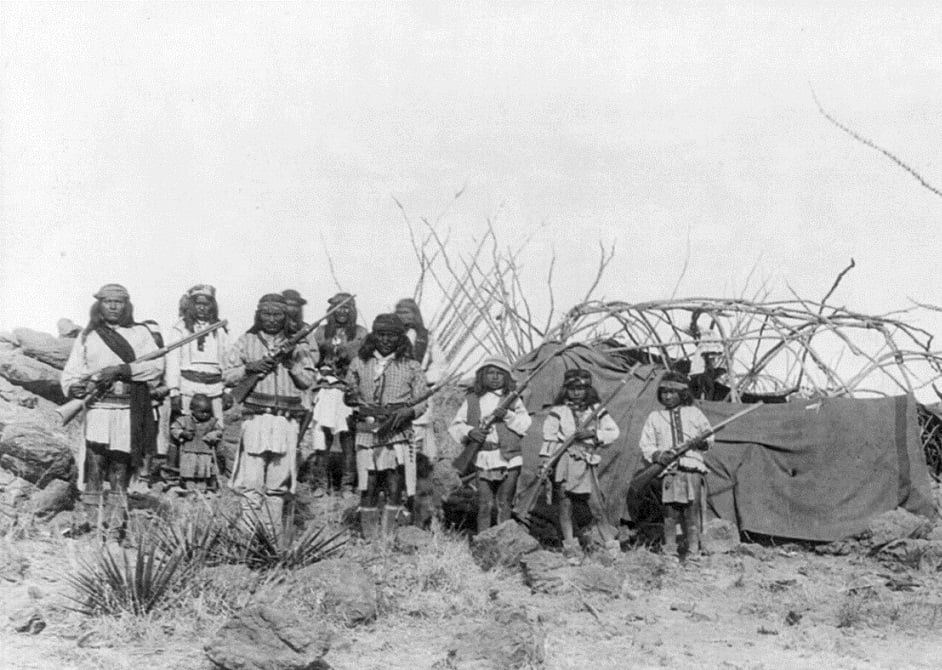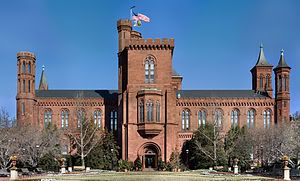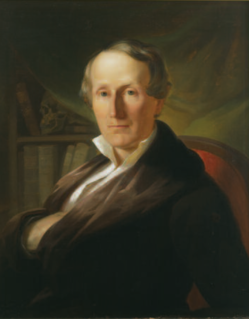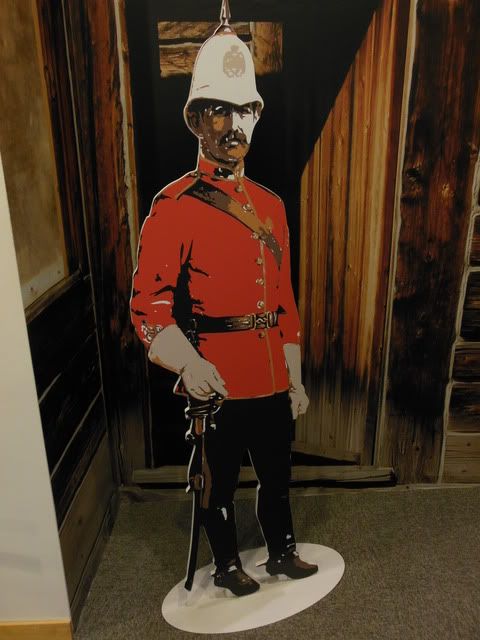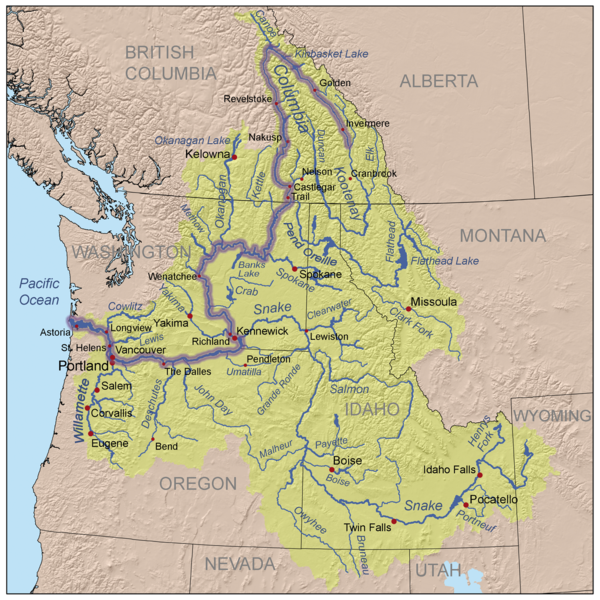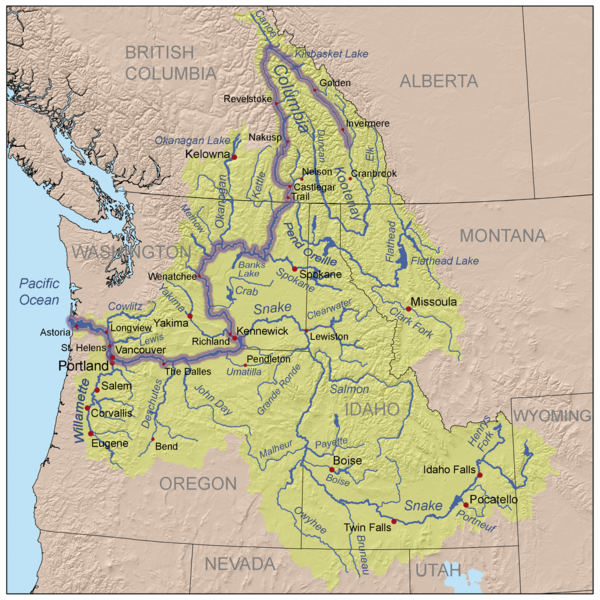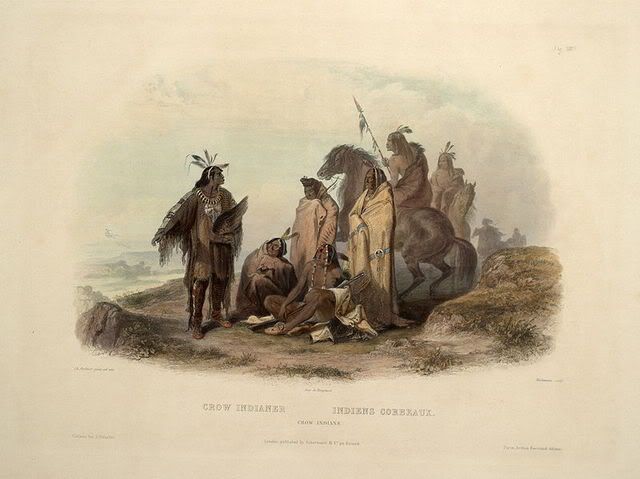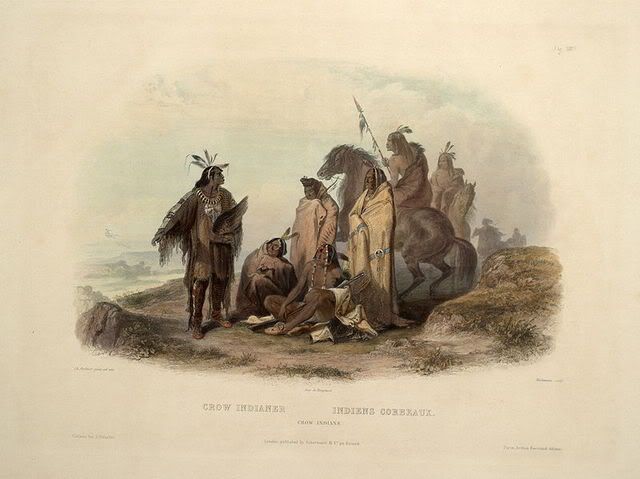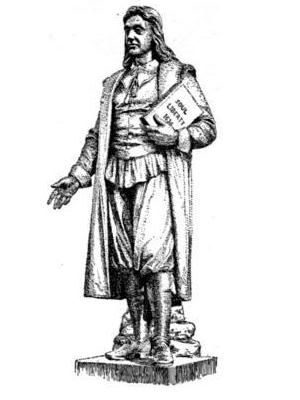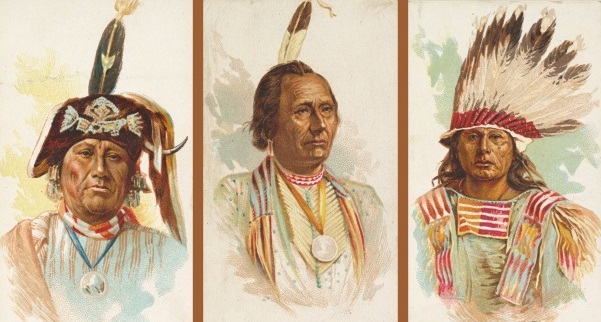The Civil War and Indians in Arizona
In some parts of the country, such as Indian Territory (now Oklahoma), the Civil War divided Indian nations with some joining the Union forces and others joining with the Confederacy. In other parts of the country, such as Arizona, the Civil War simply meant that Indians now had two enemies rather than just one. In … Continued
